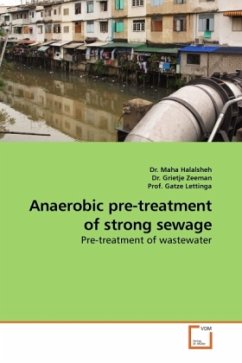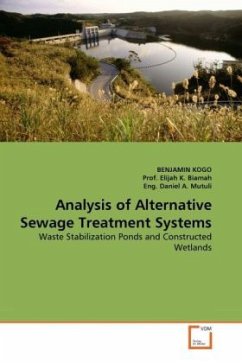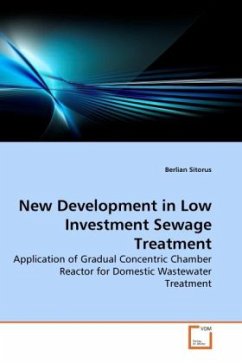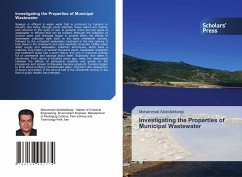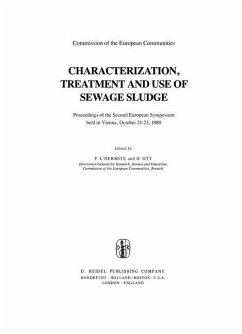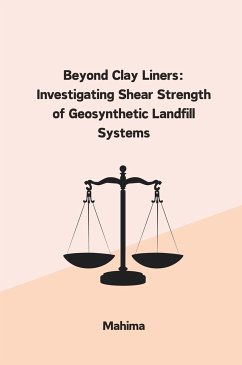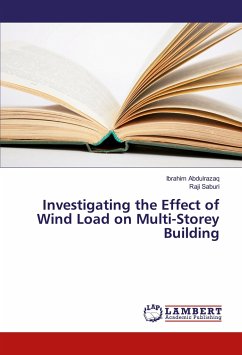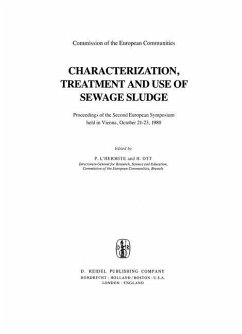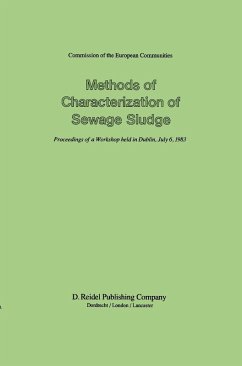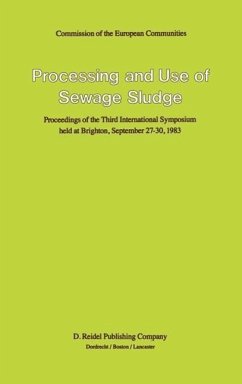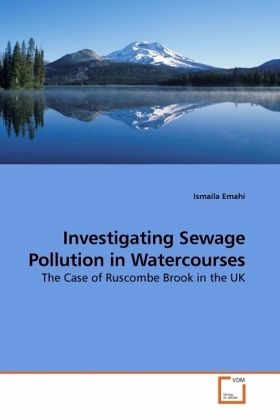
Investigating Sewage Pollution in Watercourses
The Case of Ruscombe Brook in the UK
Versandkostenfrei!
Versandfertig in 6-10 Tagen
39,99 €
inkl. MwSt.

PAYBACK Punkte
20 °P sammeln!
Water pollution remains a problem not only in developing countries but industrialized ones as well. And sewage constitutes one of such major pollutants and continues to attract attention worldwide. Several studies have attempted to identify and evaluate the impacts of water pollution, but are often faced with the problem of isolating and attributing a particular effect to a particular cause due to the spatial and temporal variability of the contaminants. This study examines broadly the problems of water quality monitoring and critically evaluates the strengths and limitations of some of the co...
Water pollution remains a problem not only in developing countries but industrialized ones as well. And sewage constitutes one of such major pollutants and continues to attract attention worldwide. Several studies have attempted to identify and evaluate the impacts of water pollution, but are often faced with the problem of isolating and attributing a particular effect to a particular cause due to the spatial and temporal variability of the contaminants. This study examines broadly the problems of water quality monitoring and critically evaluates the strengths and limitations of some of the commonly used methodologies for water quality assessments. Using Ruscombe Brook (a reported sewage-polluted stream in the UK) as a case study, it suggests practicable approaches to investigating sewage and other major pollution events and proposes management strategies for improving the water quality. The author is of the view that, when used in conjunction with the recommended textbooks, thisbook would be a valuable resource for students, researchers, faculties and professionals in the fields of Environmental Chemistry, Environmental Science/ Engineering and Water Quality Management.



